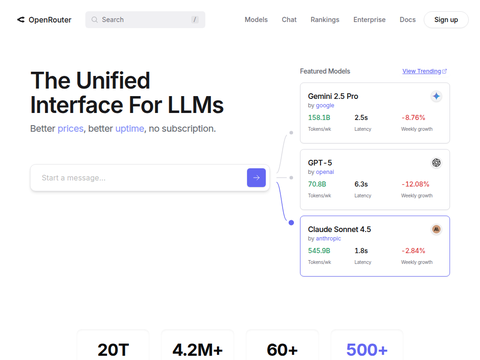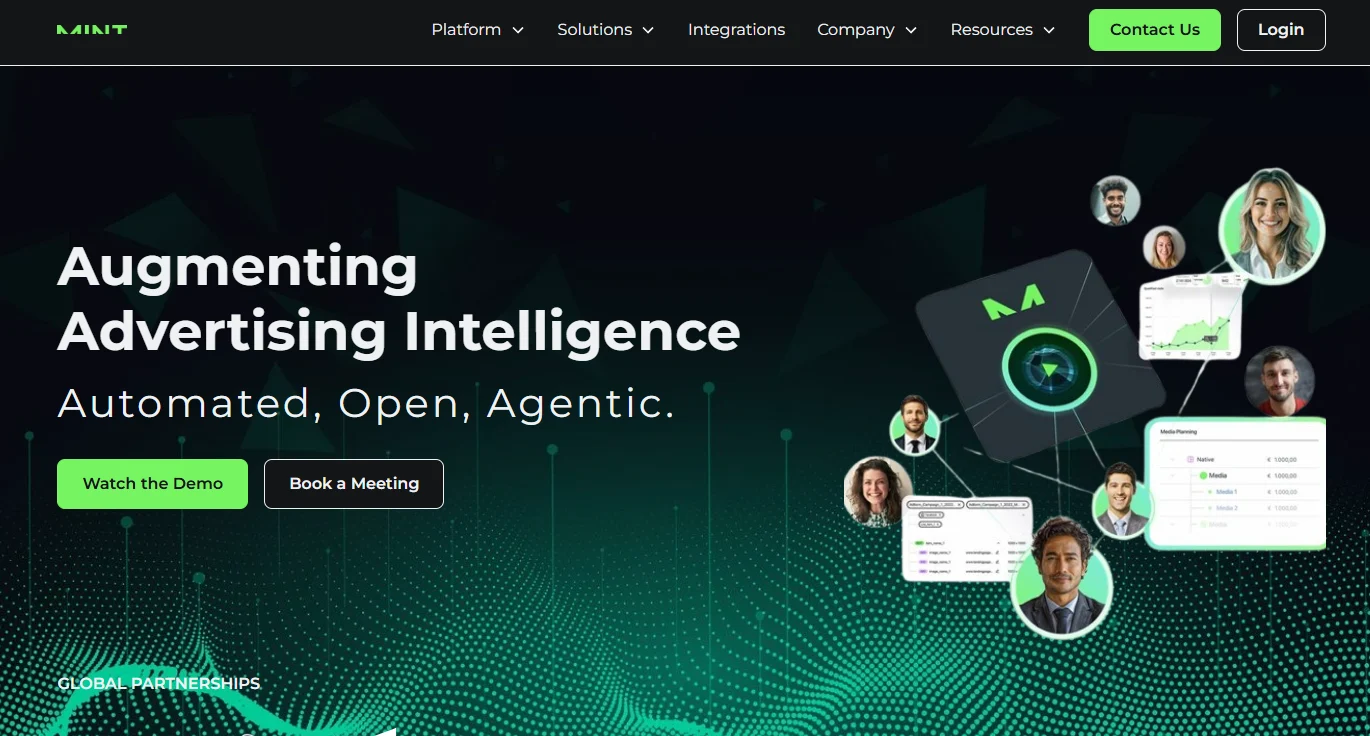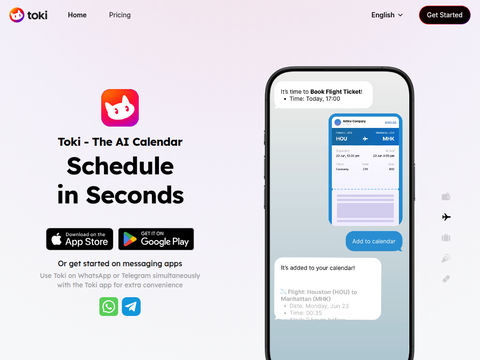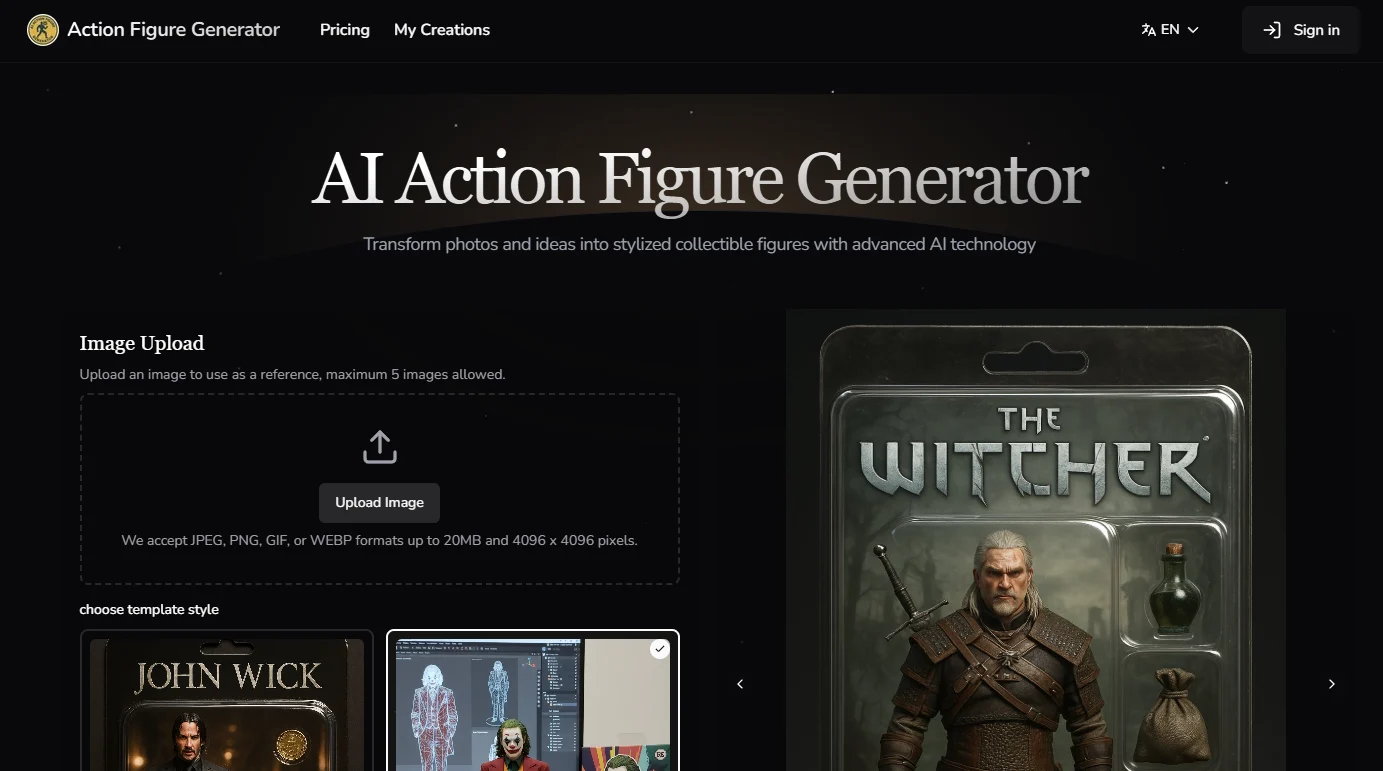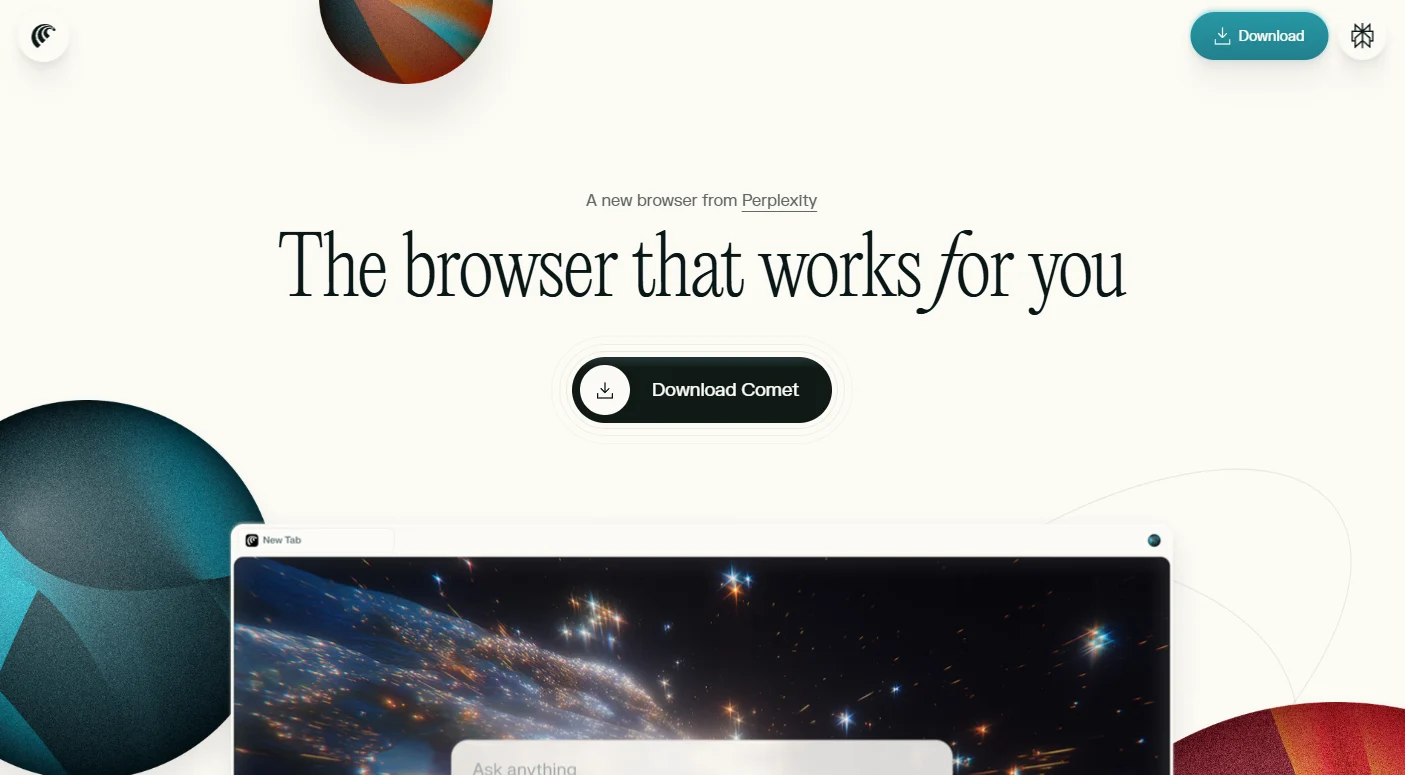Recently, Google and the Department of Justice engaged in a final meeting at the Alexandria courthouse in Virginia, fiercely debating Google's future as a leader in online advertising technology. During nearly three hours of closing arguments, attorneys from both sides presented their final statements before U.S. District Court Judge Leondra Kruger, who is expected to deliver a verdict by the end of 2024.
If Judge Kruger determines that Google's advertising technology systems constitute a monopoly, the case will advance to a second trial phase for additional remedies, mirroring another ongoing case in the Washington D.C. District Court concerning Google Search.
For those following the Google litigation, many arguments are familiar. The Department of Justice accuses Google of leveraging advertising technology products like DoubleClick for Publishers (DFP) and AdX exchanges to exert pressure on website owners and advertisers. Google refutes these claims, asserting that it faces intense competition from other rivals and has not engaged in improper dealings with competitors.
In her closing statements, Judge Kruger had the opportunity to counter both sides' perspectives. She has developed a deep understanding of the complex technical issues involved, evidenced by her early requests for detailed witness explanations during the trial.
One Market or Three?
A major focus of the trial is the extent of Google's participation in various advertising markets. The Department of Justice argues that Google dominates three distinct advertising markets: the publisher ad server market, the ad exchange market, and the advertiser network market. In contrast, Google contends that there is a single, bidirectional digital advertising market comprising buyers and sellers, placing it in competition with social media companies like Meta and TikTok.
Google referenced the 2018 Supreme Court case Ohio v. American Express, which examined whether American Express's policies unfairly suppressed price competition among merchants. However, after hearing the closing arguments, Judge Kruger indicated that she perceives significant differences between the current case and the Ohio case.
Judge Kruger also questioned why the government focused on publishers and summoned advertising agency witnesses rather than the advertisers themselves during the trial. DOJ attorney Aaron Tatelbaum responded that certain issues related to Google's AdX and its personal relationship networks particularly highlight Google's exclusionary practices. This stems from Google's ability to connect with advertisers through its ad network, and advertising agencies typically have a closer familiarity with Google's products than the advertisers do.
Judge Kruger further inquired how the Department of Justice would prevail if she found that there is only one bidirectional market. Tatelbaum stated that even in such a scenario, the court could identify direct evidence of Google's actions that clients would dislike, such as the Uniform Pricing Rule (UPR), which prevents publishers from setting higher prices on Google's AdX compared to other servers. He noted that only a monopolist would implement such a policy.
Legal Tactics of Rejection
Another significant legal argument for Google is the 2004 Verizon v. Trinko decision, which broadly held that Verizon had no obligation to share its telecommunications network with AT&T. Google argues that its products are already interoperable with other advertising technology services and that legal requirements for greater interoperability would turn Google's advertiser base into "common property."
However, the Department of Justice responded by stating that the Trinko decision does not address issues related to dealings with its own clients. Tatelbaum pointed out that every action Google takes is confrontational with its clients, citing examples like Google's removal of user options in its advertising tools. Judge Kruger seemed uncertain about this viewpoint, noting that especially AdX appears to compete directly with other ad exchanges and differs from the Department of Justice's client-focused approach.
Controversy Over Deleted Chat Records
During Google's presentation of its arguments, a persistent allegation was that Google intentionally deleted chat records that could tarnish its reputation. Google stated that most of the information was merely casual conversation but acknowledged that some contained substantial business discussions. The Department of Justice hopes that Judge Kruger will infer unfavorable outcomes for Google when there are doubts about the content of the deleted information.
However, Google's attorney Karen Dunn accused the government of cherry-picking ominous statements from Google's internal documents. Dunn argued that if these statements were read in full, many were simply people casually exchanging ideas on topics they admitted to having limited knowledge about. She even stated that Google encourages employees to share ideas via email.
Judge Kruger noted that Dunn is approaching a highly significant argument put forth by the plaintiffs, namely that in some cases, no one actually knows what executives were thinking at the time because the chat records have been deleted. She cautioned Google, reminding them that they are navigating a precarious area.

